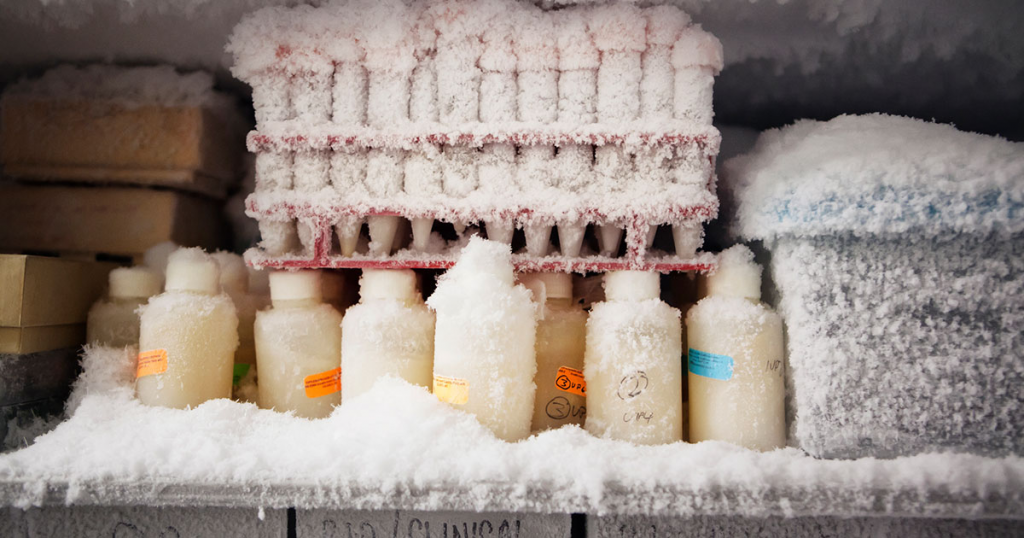A devastating incident unfolded at a lab when a janitor, in an attempt to silence an annoying beeping noise, accidentally shut off the breaker to a freezer housing invaluable cell cultures, samples, and years of research. The consequences were dire, causing irreparable damage and destruction to decades of scientific work.
The freezer, typically set to a frigid temperature of minus-112 degrees Fahrenheit, according to the Times Union, warmed up significantly to a devastating minus-25.6 degrees Fahrenheit, compromising and destroying a substantial portion of the invaluable research stored within.

Rensselaer Polytechnic Institute (RPI) lab swiftly responded to the incident by filing a lawsuit against the janitor’s employer, emphasizing that this unfortunate turn of events was a result of people’s behavior and negligence.
RPI’s attorney, Michael Ginsberg expressed deep regret over the incident and its profound impact, stating that “they wiped out 25 years of research.” The estimated damages are believed to amount to $1 million, and the repercussions might even hinder the university’s efforts in developing solar panel technologies.
The cause of the incident was traced back to the annoyance caused by the beeping noise emanating from the freezer. The beeping occurred due to a minor deviation in the freezer’s temperature settings, which, under normal circumstances, would not have posed a significant risk to the samples. However, due to COVID-19 restrictions, a technician was unable to promptly address the issue, allowing the beeping to persist for an extended period.
Interestingly, the freezer door bore a letter cautioning individuals about the ongoing repair and the beeping issue. The warning explicitly stated, “THIS FREEZER IS BEEPING AS IT IS UNDER REPAIR. PLEASE DO NOT MOVE OR UNPLUG IT.”

Court documents revealed that the janitor mistakenly believed they had switched the breaker on instead of off, unaware of the disastrous consequences that would follow. While the incident caused immeasurable damage, it is crucial to note that there was no ill intent on the part of the janitor, despite the severe repercussions.
The university conducted an investigation, and a summary of their findings highlighted that even at the end of the interview, the janitor did not fully comprehend the gravity of their actions, believing that they were merely trying to help.
This unfortunate incident serves as a stark reminder of the fragility of scientific endeavors and the importance of maintaining strict protocols and awareness when handling valuable research. The repercussions extend beyond the immediate financial damages, impacting the progress of vital research initiatives and potentially impeding future breakthroughs.

As the lawsuit progresses, the scientific community mourns the loss of invaluable knowledge and works towards preventing similar incidents in the future, emphasizing the need for enhanced awareness, training, and safeguards to protect years of dedicated research from such unforeseen mishaps.


